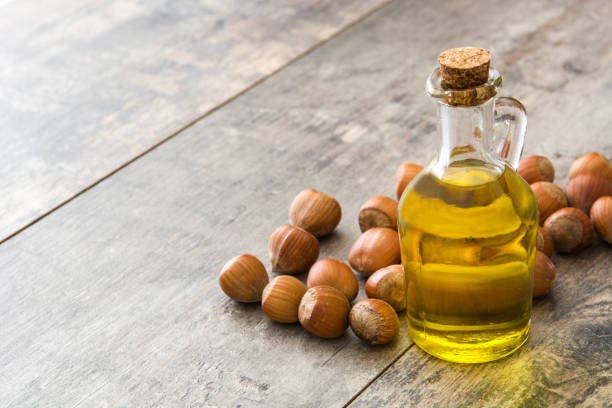The oil we use in cooking is actually the basic ingredient in everything we cook. We add oil to vegetables and meat before we put them in the pan, we use oil to moisten the baked goods we make at home, and we add oil to salads.
Cooking oil adds to the taste and texture of food, while also helping to enhance or counteract the nutritional benefits of the food. The heart-friendly cooking oils you can find on grocery store shelves are generally considered anti-inflammatory. Regular consumption of these oils has been scientifically linked to preventing chronic inflammation, which can lead to chronic diseases, cognitive decline and other health problems.
However, not all fats are beneficial in terms of their nutritional value. On the contrary, some fats contribute to inflammation in the body. You can read why not all fats are the same in this article. You can also check the list of anti-inflammatory oils to find out which oils are beneficial.
Why Do Some Fats Cause Inflammation?
The reason why some cooking oils cause inflammation is because they are rich in saturated fats. Diets high in saturated fats can increase bad (LDL) cholesterol, which can lead to an increased risk of heart attack. It is normally recommended to keep the proportion of saturated fats in the diet below 5 percent.
Saturated fats are mainly found in meat products, but some cooking oils are also high in saturated fats. Coconut and palm oil are high in saturated fats. Although coconut oil is touted as healthy, it is high in saturated fats and should be avoided. You can still use coconut oil in moderation in your skin and hair care routines or in the kitchen. Although this oil can add a nice flavor to some dishes, it is not heart-healthy to do so.
Palm oil is mostly found in processed foods. In addition to the high saturated fats in palm oil, forests are damaged to obtain this oil. For these two reasons, you may want to consider avoiding palm oil.
In short, you need to use coconut and palm oil in moderation. So which oils can you use for cooking? You can find the answer in the list below.
1. Olive oil
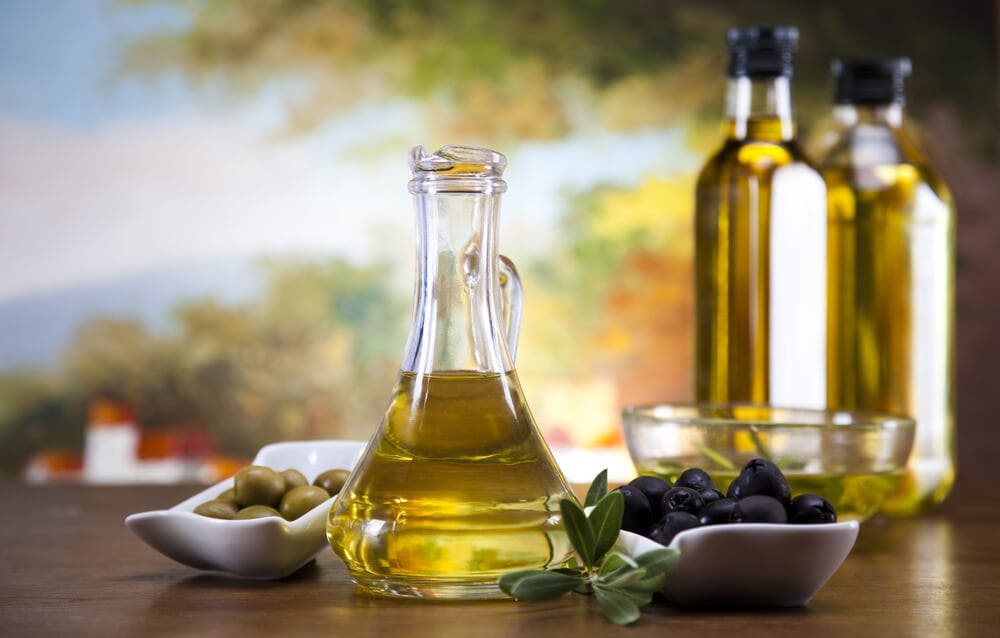
Olive oil ranks first among edible oils in Mediterranean countries. This oil is rich in omega-3 acids, which are beneficial for heart health. In addition to being rich in healthy fatty acids, olive oil is a good source of antioxidants. For this reason, it has been linked to reducing inflammation in many scientific studies. Olive oil has a high smoke point, making it an excellent oil to use on a daily basis.
2. Avocado oil
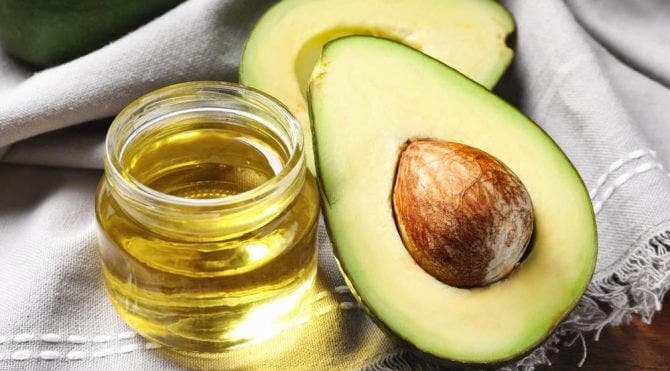
You already know how rich in nutrients avocados are. Many of the nutrients in this fruit are also found in avocado oil. Just like olive oil, avocado oil is rich in unsaturated fats and is associated with reducing inflammation.
3. Walnut oil

Scientific research shows that regular consumption of walnut oil helps reduce inflammation and keeps blood sugar levels stable. The fact that this oil is rich in nutrients is not surprising when we consider the benefits of walnuts, especially for heart health.
4. Flaxseed oil
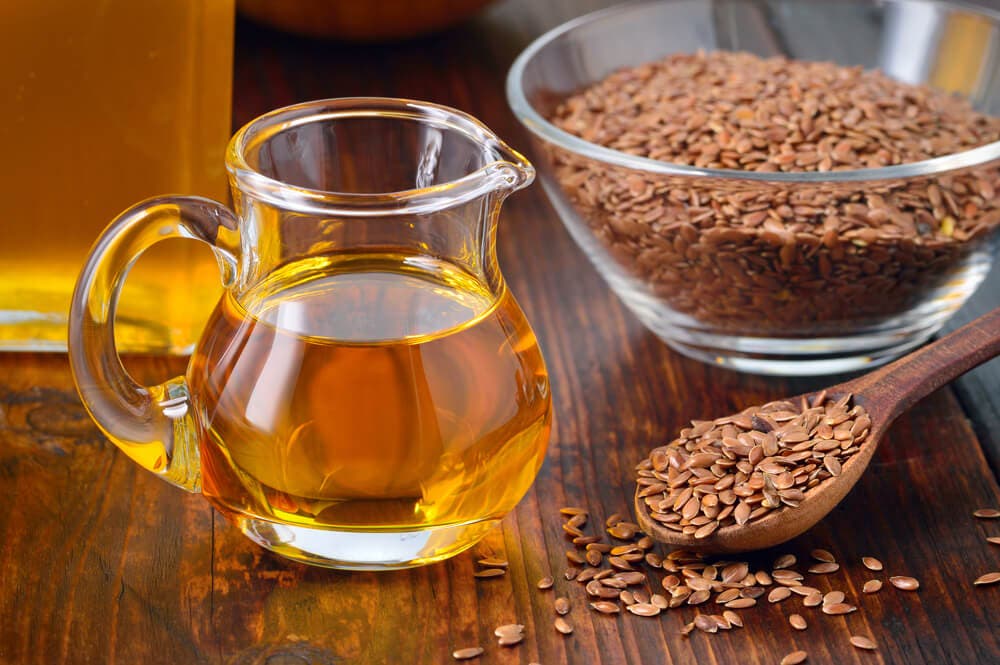
Flaxseed oil is rich in omega-3 fatty acids. Flaxseed oil, fibers and flax lignans are thought to be beneficial for cardiovascular disease, atherosclerosis, diabetes, cancer, arthritis, osteoporosis and the reduction of autoimmune and neurological diseases.
5. Pumpkin seed oil
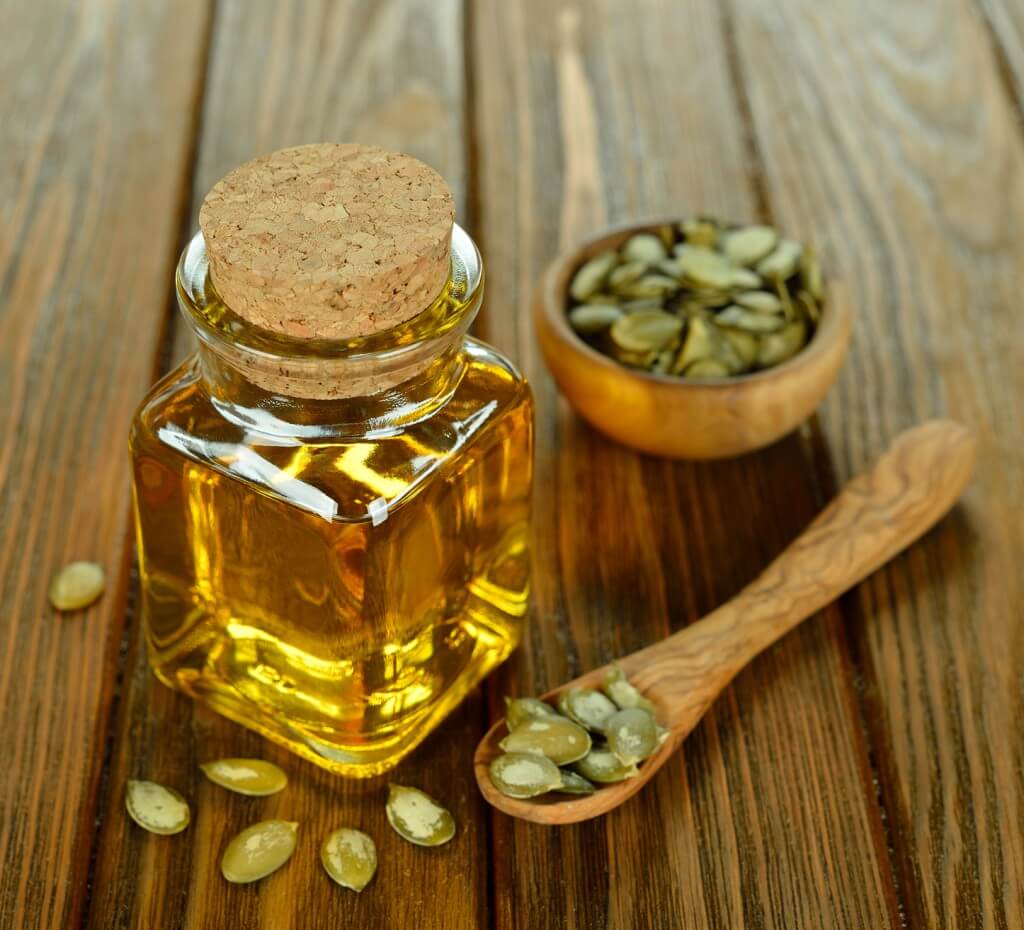
According to scientific research, pumpkin seed oil is associated with reducing inflammation because it is rich in unsaturated fats and antioxidants. It is also associated with helping to prevent type 2 diabetes, hypertension and some types of cancer.
6. Sunflower oil

Sunflower oil is rich in vitamin E. One tablespoon of oil contains 28 percent of the daily recommended amount of vitamin E. Sunflower oil has a high smoke point and no pungent taste. However, this oil contains a lot of omega-6 fats. If you consume too much omega-6 fatty acids, it can cause inflammation in the body. Therefore, you should pay attention to balancing omega-3 and omega-6 fatty acids and consume sunflower oil in reasonable amounts.
7. Peanut oil
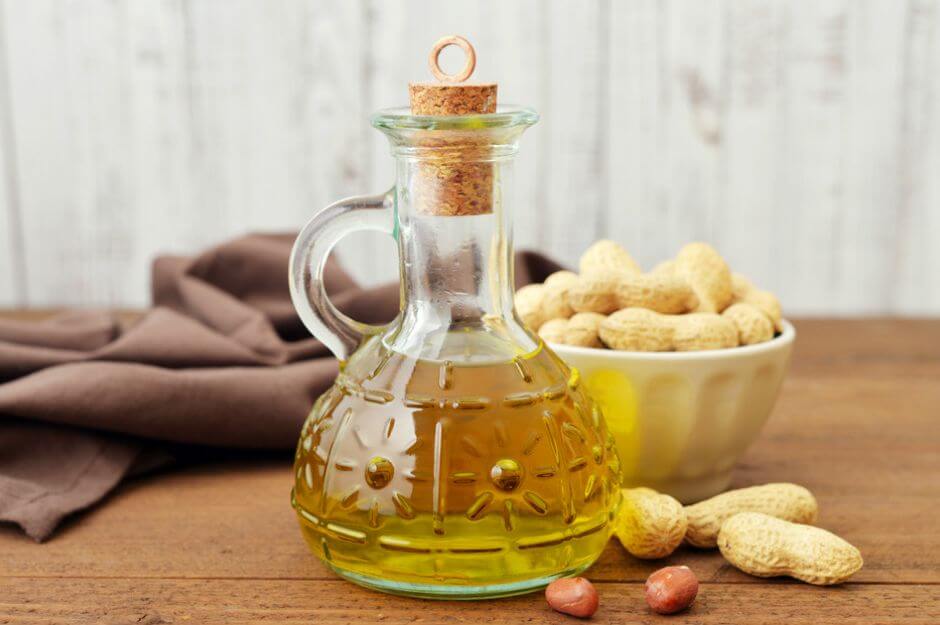
Peanut oil is rich in monounsaturated fats. You can feel the taste and smell of peanuts in this oil, which has an aromatic taste. This oil, which is useful at high temperatures, is resistant to high temperatures.
8. Sesame oil
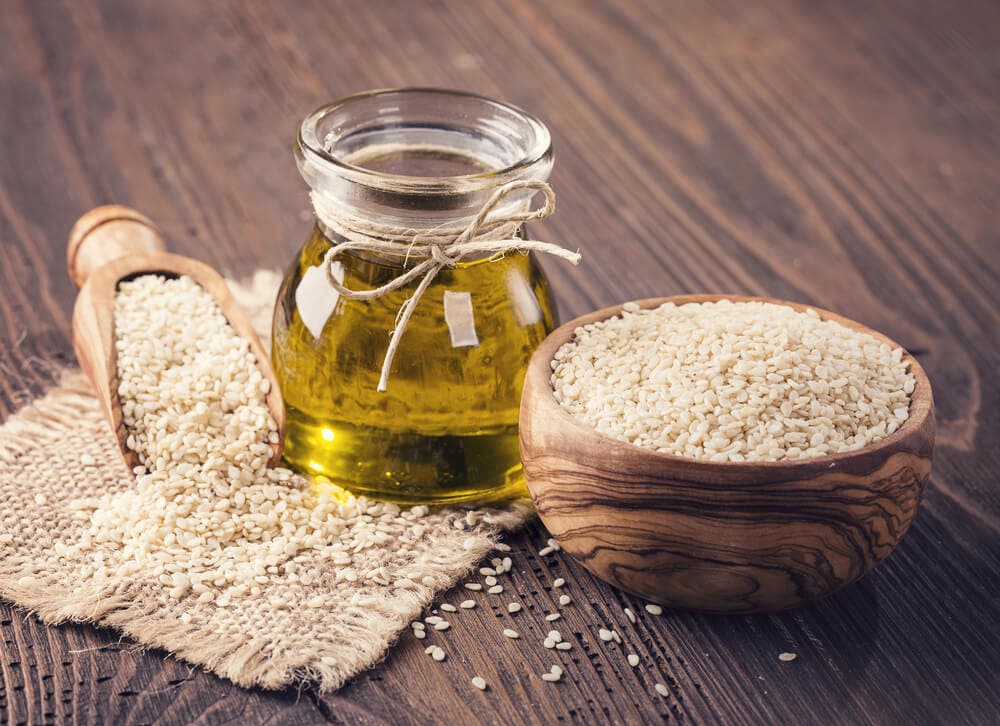
Sesame oil usually has a pungent aroma. Rich in single and multiple fatty acids, this oil contains no other important nutrients. Sesame oil with a high smoke point can be used at high temperatures.
9. Safflower oil
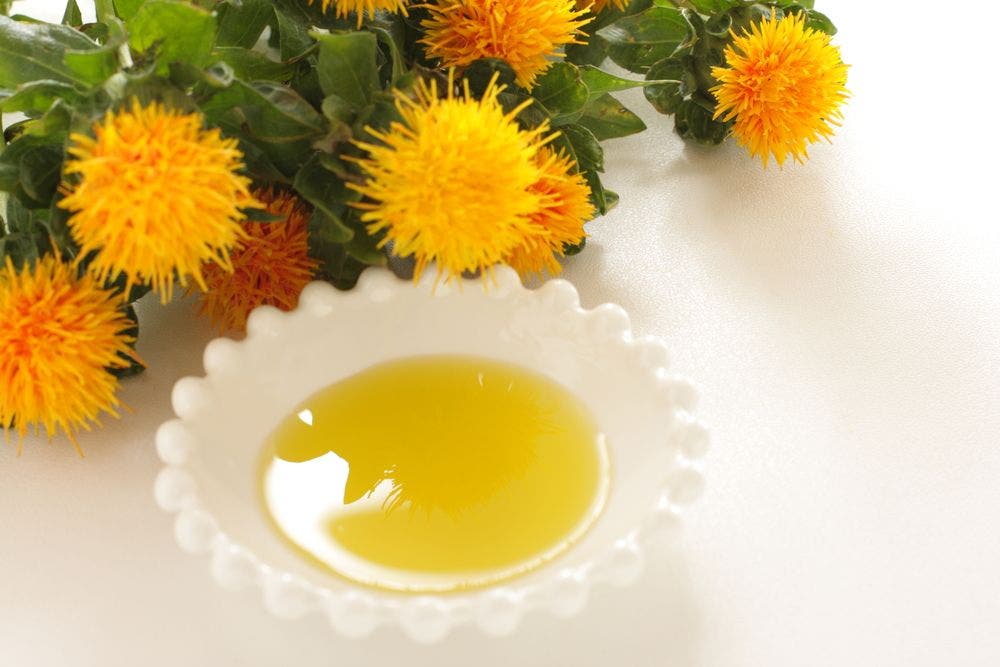
The smoke point of safflower oil is approximately 265°C. Safflower oil is obtained from the safflower plant from the daisy family. Safflower oil is low in saturated fat and high in unsaturated fatty acids. There is research showing that safflower oil can reduce inflammation, control blood sugar and may be beneficial in obesity and type 2 diabetes in postmenopausal women. This oil has a neutral taste and can be used in sauces and frying.
10. Canola oil
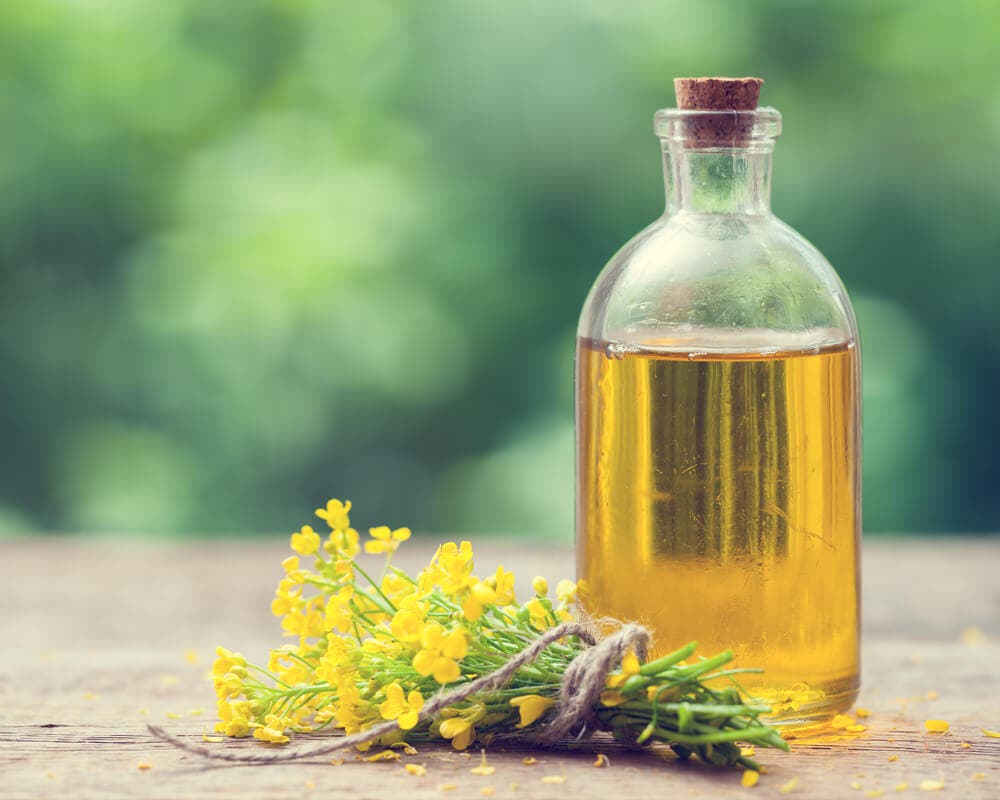
Canola oil is obtained from rapeseed, a flowering plant, and contains monounsaturated fats and polyunsaturated fats. This oil has a high smoke point and can be used in high temperature cooking. However, you may want to opt for cold-pressed oils, as the nutritional value decreases when this oil is processed too much.
Cooking with anti-inflammatory oils is an excellent way to enjoy the health benefits of food. However, because these oils have different flavors, they give different results in different dishes. So experiment to find the oils that you like the taste of. When you choose a good oil, your food will taste delicious and your body will benefit.
Sources
https://time.com/5342337/best-worst-cooking-oils-for-your-health/
https://www.healthline.com/nutrition/best-cooking-oils
Read also:
- How do I check my gastrointestinal function?Stomach pain, constipation or diarrhea, bloating, belching, heartburn? These are all symptoms of problems in the gastrointestinal tract. It starts with the mouth and esophagus and ends with the intestines and rectum.
- What are the benefits of hazelnut oil for the skin?Hazelnut oil is rich in vitamins and essential fatty acids that nourish the skin. Here are a few reasons why you should add this oil to your skin care routine.
- Immune-boosting aromatic oilsThere are many products and treatments that can help your body to build a natural resistance to the harsh winter months, and aromatherapy is one of them. There are many studies supporting the healing power of aromatherapy and it is good for both mental and physical health. Aromatic essential oils also have many health benefits… Read more: Immune-boosting aromatic oils
- Marula Oil Benefits, Uses, and PrecautionsMarula Oil is an exotic oil that comes from the African Marula tree. It’s a good ingredient for skin, hair, and nails. Learn more about the benefits and precautions of Marula Oil with our guide.
- Goal setting for students, children and young peopleRemember when you learned how to set goals? If you have trouble answering this question, you are not alone! Most of us don’t spend much time thinking about how we set our goals. In fact, many of us don’t even think of goal setting as a skill; rather, it’s something we do without much thought.… Read more: Goal setting for students, children and young people
The articles on this site are for information purposes only. The site administrators are not responsible for attempting to apply any recipe, advice or diet, nor do they guarantee that the information provided will help or harm you personally. Be cautious and always consult a doctor or nutritionist!
*All products recommended are selected by our editorial team. Some of our articles include affiliate links. If you buy something through one of these links, you help us earn a small commission from the seller and thus support the writing of useful and quality articles.




